Text
What are the different types of seeds in gardening?
Growing plants using seeds can be intimidating, especially if the seeds do not germinate or if the plants do not grow well. Hence, one must choose the best organic seeds online in India. It is also essential to know the extensive varieties of plant seeds available, how to choose the right type, and how daunting it can be. Plant seeds available at a plant nursery in Mumbai are available in extensive types like organic, non-GMO, heirloom, standard, etc. If you are unsure about choosing the right types of seeds, the following article will help you understand the difference between different types of seeds for your garden.
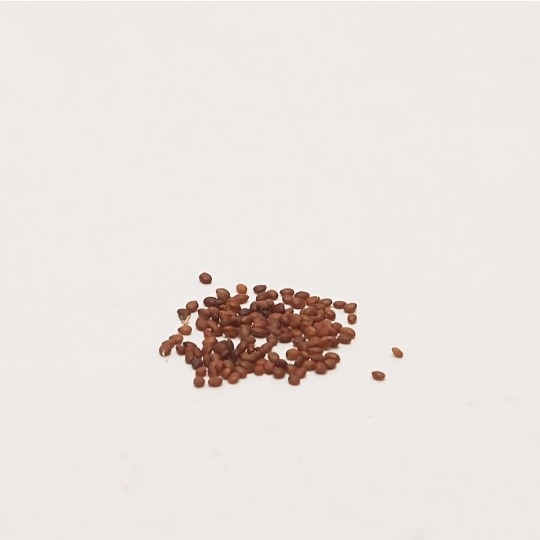
Different types of seeds
Ratanshi Agro-Hortitech features the following types of seeds:
Heirloom seeds
These types of seeds are natural and come from natural open pollination. It means these seeds undergo pollination by breeze, insects, or self-pollination. Additionally, these seeds do not undergo genetic modification. These seeds are passed on for over 50 to 100 years.
Hybrid seeds
These seeds are produced under a controlled process to create a better plant variety. These seeds are produced to create a new plant variety using crossbreeding between two plants and using their top qualities. These seeds can provide extensive plant varieties.
Open Pollinated seeds
These plant seeds available at a plant nursery in Mumbai come from open pollination using natural sources like pollinators, wind, and insects. The offspring of these seeds are similar to their parent seeds. It is essential to note that all heirloom seeds are open-pollinated, however not all open-pollinated seeds are heirloom seeds, as these seeds can be new seeds of the original plants. However, over time, these plant seeds can be called heirloom seeds.
Organic seeds
These seeds come from farms containing crops grown using organic farming techniques. The crops do not utilize pesticides or GMO technologies. Organic seeds can produce strong seeds with enhanced properties and are disease-resilient. These seeds can survive in extreme conditions. These seeds are perfect for gardeners looking to practice organic gardening.
GMO seeds
Genetically modified seeds are made in labs to produce seeds with desirable qualities. The seeds are injected with desired genes from different plant species to get their benefits. For instance, the plant undergoes modification to survive dry weather or resist insects and pests. However, it is essential to note that these products aren't a result of cross-pollination and are made in labs under a controlled atmosphere using gene modification. GMO seeds are mostly used for commercial farming to produce large-scale crops.
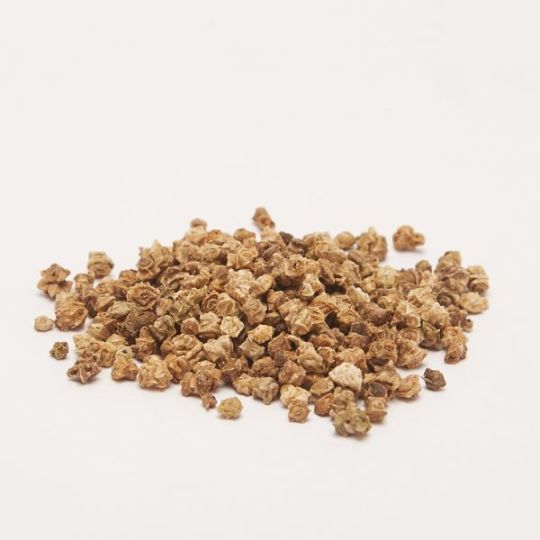
Treated and untreated seeds
Seeds tagged as treated seeds often have chemical or fungicide applications to protect them from diseases or pests. Untreated seeds, on the other hand, do not have this application. However, it is essential to note that treated seeds of fruits and vegetables are 100 percent safe for consumption.
Which seeds should I select?
Gardening offers a great experience in the form of physical exercise and rewards in the form of good health and healthy produce for consumption. However, a healthy garden comes down to the basics. From healthy organic seeds to high-quality gardening supplies, one needs to research before they start. The first step involves choosing a reputed plant nursery that offers high-quality organic seeds online in India. Once you have sourced the seeds for your garden from varieties like heirloom, hybrid, non-GMO, organic, and standard, you can start growing multiple vegetables in your home garden.
If you are unsure about choosing the right seed type for your garden, consult experts at Ratanshi Agro-Hortitech, a leading plant nursery in Byculla. The online nursery in Mumbai offers river sand for plants, Bavistin fungicide, musk melon tree, and live plants online in Mumbai. For more details, contact them today!
#organic seeds online india#vegetable seeds online#seeds online mumbai#cauliflower seeds#carrot seeds
0 notes
Text
How to grow a plant of muskmelon at home?
Muskmelon is a great fruit, especially for the hot summers in India. This fruit has a high water content and contains many rich nutrients. It is one of the best ways to overcome fatigue due to dehydration in summer. Moreover, muskmelons are easy to grow in your home garden or even in grower pots at home. The following article provides information on growing plants of muskmelon at home.
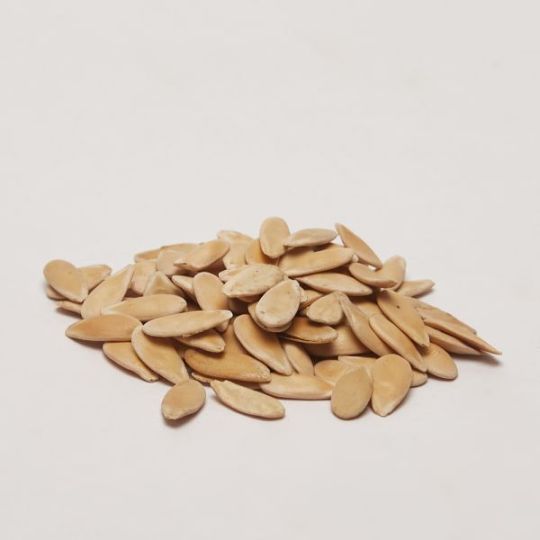
Benefits of muskmelon
Muskmelon is known to provide multiple health benefits as it contains fewer calories (34 calories per 100 grams). It also contains 0.9g dietary fiber, 0.19g fat, 0.84g protein, and 8.6g carbohydrates. Given its nutritional profile, it provides the following benefits:
Blood pressure control
Improves digestive health
Keeps the body hydrated
Enhances the skin
Growing muskmelon at home
If you want to grow muskmelon plants at home, here are the following steps:
Step 1: Soil preparation
You can grow muskmelon in a garden bed or grower pots. It is advisable to soak the muskmelon seeds in water overnight to accelerate the germination process. Prepare the soil in raised garden beds to allow water drainage. If you want to grow these plants in a grower pot available at a plant nursery in Mumbai, prepare the soil with a good quality pot mix and an organic fertilizer. Ensure you mix these properly. Once the soil is ready, sow the seeds at least 1 inch deeper and ensure there is ample space between the seeds. Water the seeds and ensure the plant soil remains moist. Musk melons prefer warm weather and loamy, loose, and well-draining soil.
Tip: It is always advisable to purchase organic seeds online in India, available at a plant nursery near you.
Step 2: Watering the plants
You can see the seedlings emerge after 20 or 30 days. Transplant the seeds in the grower pots or beds and place them four to six feet apart. Ensure you water the plants regularly during summer, allowing the soil to retain moisture. Prevent overwatering the plants as it can lead to root rot. Also, add mulch to the soil, ensuring it remains moist. Reduce watering once the fruits turn ripe, allowing the fruits to become sweet and flavorful.
Step 3: Fertilizing the plants
It is also advisable to fertilize the plants once a month to encourage plant growth. Use a well-balanced organic fertilizer. You can also apply micronutrients to the plants to enhance their growth, increase yield, etc. You can also add compost manure to the soil to balance its nutrients.
Experts at the plant nursery in Mumbai suggest adding some Epsom (four to five spoons) salt, and borax powder (one tablespoon) mixed in five liters of water. Spray this mixture on the vines to make the flowers and fruits sweet.
Step 4: Preventing pests and diseases
It is possible to prevent the growth of pests or diseases on the plant using natural solutions like soap water or neem oil. You can also eliminate beetles and aphids using natural pesticides available at a plant nursery online in Mumbai.
Step 5: Harvesting the plant
The muskmelons are ready in around 100 days. The brown stems of the vines indicate that the muskmelon fruits are ready and the fruits turn tan from yellow. The fruits also release a sweet smell, indicating their ripeness. It is easy to pluck the melons from the vines with just an easy pull.
Additional tips
Muskmelons grow in the summer season or warm temperatures.
The seeds of the muskmelon plant can germinate efficiently above 20 degrees Celsius, hence, the best time to sow the seeds is from November until February.
Melons are perishable. They can only stay fresh for two to four days at room temperature and for two to three weeks when refrigerated at two to four degrees Celsius.
Final thoughts
Muskmelons are a great fruit to relish during summer as they have high water content. If you are looking for gardening supplies for growing muskmelon plants in your garden, explore Ratanshi Agro-Hortitech today!
0 notes
Text
How To Grow Brinjals In Your Home Garden?
Brinjal is a popular vegetable in the Indian cuisine. It is also known as eggplant, aubergine, or baingan. This is a fruit vegetable that is grown mainly during the warm months and also grown annually. These plants are native to subtropical or tropical regions and can grow in moderate temperatures, like peppers and tomatoes. These fruit vegetables can be grown using organic seeds online in India, or you can also purchase young saplings from a plant nursery in Mumbai like Ratanshi Agro-Hortitech.

1.Growing brinjals in your home garden
Brinjals are available in multiple varieties that vary in size and hues of purple. They can be grown using saplings or seeds. If you want to grow brinjals using seeds, you can buy high-quality organic seeds online in India, like the f1 hybrid brinjal seeds. These seeds grow well in temperatures ranging from 23 to 30 degrees Celsius. You can start soaking the seeds overnight in water and then sow them in small containers for seedlings. Cover them with a 2 to 3-mm pot mix. Water the seed trays lightly to ensure moisture.
The seedlings will start emerging in six to seven days. Once the seedlings are ready, transplant the seedlings into a grower pot prepared with a potting mix rich in organic manure. Water the grower pots and place them in a spot receiving ample sunlight.
2. Maintaining your brinjal plants
Brinjals require regular care involving watering, feedings, and misting. These plants also have tiny spines or thorns on their stems, hence one must be careful while tending to the plants.
Watering: Brinjals require frequent and generous watering throughout their growth. These plants can dry out quickly and thus require daily watering, especially during the summer months. It is also advisable to mist the brinjal plant leaves daily, using tepid water to enhance the fruiting process and prevent the growth of red spider mites.
Mulching: Brinjals grow well with a thick mulch layer of compost or manure to contain moisture and avoid weeding.
Fertilizing: The plants require fertilizers rich in potassium once the flowers start appearing. Apply fertilizer to the plant every 15 days, ensuring ample flowers and fruits.
Supporting: Brinjals can be large and heavier on their top and require support. One can use bamboo pipes to add support to the plant.
Harvesting: Brinjals are ready for harvest 100 days after sowing the seeds. You can pick the fruits once they are fully grown, acquire perfect color, turn ripe, and have a glossy outer layer. If the skin is dull, it means the fruit is over-ripe. Hence, one must pick the fruits in time. One must also be careful while plucking the fruits as the plant has thorns and spines.
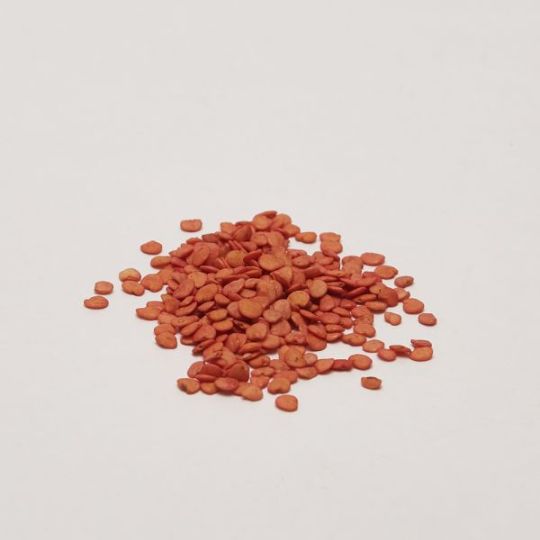
3. Additional tips:
Brinjals require loam sandy soil that is rich in organic matter.
Ensure the plants get direct sunlight (5 to 6 hours) daily.
Maintain the soil pH around 5.8 to 6.5.
If you want to use brinjal saplings, ensure you do not opt for weak and tall plants. Also, avoid young plants with blossoms from the plant nursery, or you will not get a good yield.
Aubergines require moderate fertilization.
Experts at Ratanshi Agro-Hortitech also recommend using dark-colored grower pots, ensuring ample absorption of sunlight.
Also, use high-quality pot mix available at plant nurseries, ensuring ample growth and preventing pest attacks.
4. Final thoughts
Brinjals are a great plant for your home garden. Gardeners can expect a great harvest if they choose good quality live plants or organic seeds online. Ratanshi Agro-Hortitech is a leading plant nursery in Mumbai, offering high-quality gardening supplies like pot mixes, seeds, gardening tools, grower pots, and more. The plant nursery also has an online platform that features a range of gardening supplies delivered throughout India. For more information, visit their website today!
#live plants online in Mumbai#brinjal seed treatment#hybrid brinjal varieties#online plant nursery mumbai#live plants online in mumbai
0 notes
Text
Organic Vegetable Seeds Selection: All You Need to Know
In case of a failed vegetable crop, gardeners often wonder what went wrong with their plant. From fertilizing issues to plant care, gardeners often consider these factors for their harvest failure. However, at times, seeds are also the issue, and more often than not, gardeners do not know how to select high-quality organic seeds online for their plants. The following article will help choose the best organic seeds for your vegetable garden and help you enjoy a healthy harvest.
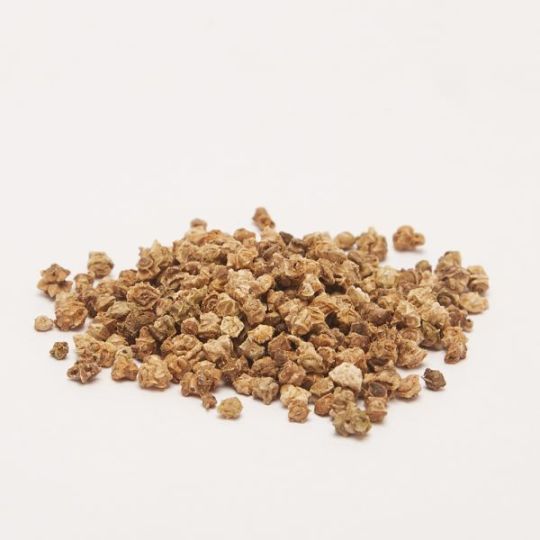
Selection of organic seeds
First things first! Select which vegetables you would like to grow in your home garden. Make a list of your family favorites. Collect additional information about their care and maintenance and arrive at a decision.
Select the vegetables per space. For instance, vegetables like peas, tomatoes, and brinjals can grow in grower pots. On the other hand, crops like carrots or onions need a bigger space or a yard. The same is the case with fruits and vegetables like pumpkins. They require additional infrastructure like a trellis for their creepers to climb.
Consider the harvest time. If you want to enjoy your garden vegetables frequently, leafy vegetables like lettuce are the best, or even some salad greens. You can easily plant palak using palak seeds available at a plant nursery. Peas and tomatoes are another great option, if you want to enjoy some fresh seasonal veggies.
2. Selecting organic vegetable seeds for your garden
Now that you know some of the basic prerequisites for selection, it's time to consider the seeds. You can either directly sow organic seeds available online at a plant nursery or opt for transplants from nursery plants in Mumbai available at a wholesale plant nursery near you. Since this article is about organic seeds, we will simply focus on using vegetable seeds for your vegetable garden.
Seed selection per season
You can directly sow seeds in your grower pots by following the instructions on the palak seeds packet or any other seeds packet. You can select from:
Winter season plants like palak, peas, beets, carrots, etc.
Summer season vegetable plants like pumpkins, cucumbers, beans, etc.
3. Choosing organic seeds
We often hear organic is the best as it is sustainable, healthy, and affordable. Select organic seeds online in Mumbai, available at Ratanshi Agro-Hortitech, is the best way to ensure you opt for high-quality and safe vegetable seeds. These seeds are also the best choice if you are into organic gardening or a beginner. However, sometimes time is not as easy as it sounds, especially when reading words like heirloom and hybrid on an organic seed packet.
4. Heirloom vegetable seeds
These vegetable seeds come from over 50-year-old plants, ensuring you are growing similar vegetable varieties grown by the previous generations. These seeds are either open or self-pollinated.
5. Hybrid vegetable seeds
These seeds are a cross between plant species. The cross is created using the best qualities of different plants to get a hybrid variety. For instance, some plants have good pest and disease resistance. These qualities are added to the desired plant, ensuring a healthy yield. However, with hybrid seeds, you have to purchase new seeds for your vegetable plants next time and cannot use plant seeds that come from your plants.
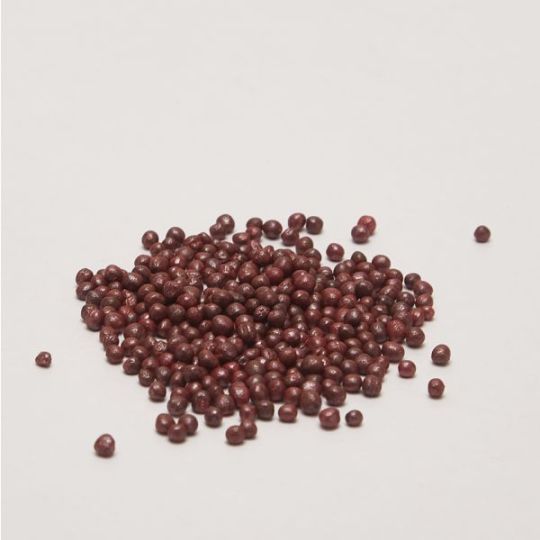
6. Additional tips for growing vegetables using organic seeds online in India:
Plant both winter and summer season vegetables to enjoy a healthy harvest throughout the year.
For cold-season vegetables select from beetroots, carrots, radishes, lettuce, potatoes, peas, cabbage, and palak seeds.
For warm-season veggies select from cucumbers, pumpkins, spinach, peppers, tomatoes, and eggplants.
7. Final thoughts
Still not sure about the right organic seeds for your garden? Visit Ratanshi Agro-Hortitech, a plant nursery in Mumbai, India. The experts at the wholesale plant nursery will help you select the best organic seeds online in India and other gardening supplies like coco peat for plants per your requirements.
0 notes